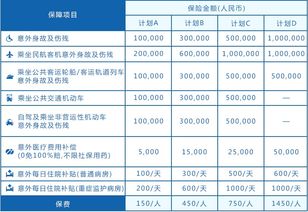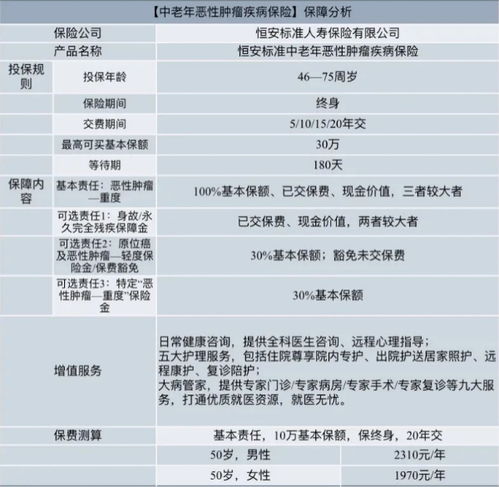现在卖保险有底薪吗
Title: Determining Base Salary in the Insurance Industry
In the insurance industry, determining the base salary for employees can vary based on several factors, including job role, experience level, geographic location, and the company's policies. Let's delve into these considerations and offer guidance on determining a competitive base salary.
Job Role:
The base salary in insurance typically varies according to the job role. For instance, sales agents, underwriters, claims adjusters, and actuaries may have different base pay structures due to the nature of their responsibilities and required skill sets.
Experience Level:
Experience plays a significant role in determining base salaries. Entrylevel positions usually offer lower base salaries, while those with years of experience or specialized expertise command higher compensation. For example, a seasoned sales agent with a proven track record might receive a higher base salary compared to a newly hired agent.
Geographic Location:
Geographic location strongly influences base salaries due to differences in the cost of living and market demand. Insurance professionals working in urban areas or regions with a high demand for insurance services may receive higher base salaries compared to those in rural areas.
Company Policies:
Each insurance company has its own compensation policies influenced by factors like industry standards, company size, financial health, and organizational culture. Some companies may offer higher base salaries to attract top talent, while others may prioritize performancebased incentives.
Guidance and Recommendations:
1.
Research Industry Standards:
Before negotiating a base salary, research industry standards for similar positions in your geographic area. Websites like Glassdoor, Salary.com, or industryspecific surveys can provide insights into typical compensation packages.
2.
Evaluate Your Skills and Experience:
Assess your skills, qualifications, and relevant experience to determine your market value. Highlight any certifications, degrees, or specialized training that adds value to your role.
3.
Consider Total Compensation Package:
Base salary is just one component of the total compensation package. Evaluate other benefits such as bonuses, commissions, health insurance, retirement plans, and professional development opportunities offered by the employer.
4.
Negotiate Effectively:
During salary negotiations, focus on articulating your value proposition based on your skills, experience, and industry knowledge. Be prepared to discuss how you can contribute to the company's success and why you deserve a competitive base salary.
5.
Factor in LongTerm Growth:
While base salary is important, also consider opportunities for career advancement and potential salary growth over time. A company that offers structured career paths and opportunities for skill development may be more beneficial in the long run.

6.
Seek Professional Advice if Necessary:
If you're uncertain about what constitutes a fair base salary or how to negotiate effectively, consider seeking advice from a professional recruiter, career coach, or mentor familiar with the insurance industry.
In conclusion, determining the base salary in the insurance industry involves considering various factors such as job role, experience level, geographic location, and company policies. By researching industry standards, evaluating your skills, and negotiating effectively, you can secure a competitive base salary aligned with your value and contributions to the organization.









